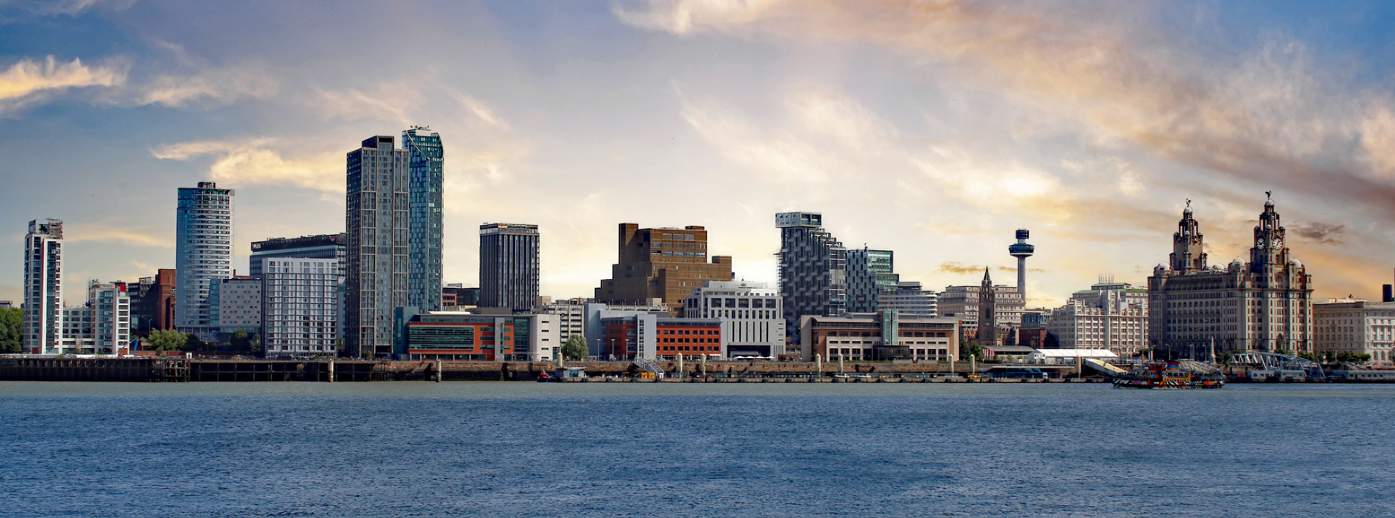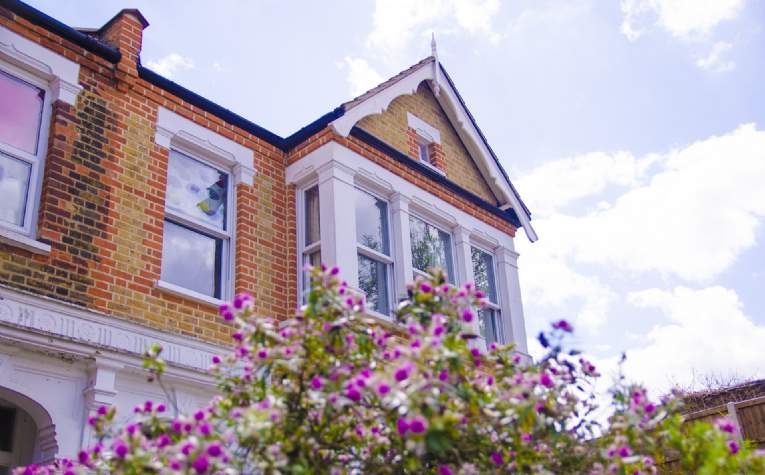Hosting the Eurovision Song Contest, and beating off competition from the likes of Manchester, Birmingham and Glasgow, is a significant coup for Liverpool.
The scale of the event, which takes place in May, and the impact it could have on the city should not be underestimated: this is an international cultural phenomenon, and one which will attract over 160 million viewers over the course of the competition.
Birmingham was the last English host city back in 1998 thanks to the winning entry from Katrina and the Waves in Dublin the year before, but since then the profile and importance of the event has grown. And this year, of course, there is the added interest of hosting on behalf of Ukraine and in the spirit of unity.
As with any major event, there are short-term benefits such as increased take up in hotel rooms (already spilling over into nearby towns and cities, with many fans likely to stay in Manchester or Southport), as well as increased spending in the city, tourism, sponsorship and other partnerships from across Europe.
There will also be a major impact on local employment as temporary staff are taken on to manage demand in bars, restaurants and venues.
With events such as this the longer-term benefits will be harder to capture and retain, but could be really significant.
It could demonstrate the capacity of the city to host events in the future (one of the main criteria for this year’s selection); the international exposure could raise Liverpool’s profile on the international stage, putting it more firmly on cultural map of Europe; and visitors could return time and time again.
But careful planning will be needed to ensure the event delivers long-term economic growth in the form of jobs, the economy and the development of the city’s cultural and music sectors.
Think of the Commonwealth Games in 2002 which continued Manchester’s renaissance, one of the most transformational stories of urban growth and development in the country, albeit this was a significantly larger scale with new infrastructure developed as a consequence.
Even before the announcement, Liverpool City Council, the Combined Authority and other stakeholders have been planning for the improvement of Liverpool’s position as a global cultural leader, with the delivery of the 400-seat state-of-the-art Tung Auditorium and success in securing £20 million of Round 1 Levelling Up funding, which could go some way to ensuring the legacy of Eurovision is translated into new music and cultural venues that will have a lasting impact.
Liverpool, certainly no newcomer on the musical scene, will relish the opportunity to put on a stunning show and make the most of this significant moment in the spotlight.

.jpg)
(1).jpg)
.jpg)
.jpg)
.jpg)

.jpg)
.jpg)
.jpg)
